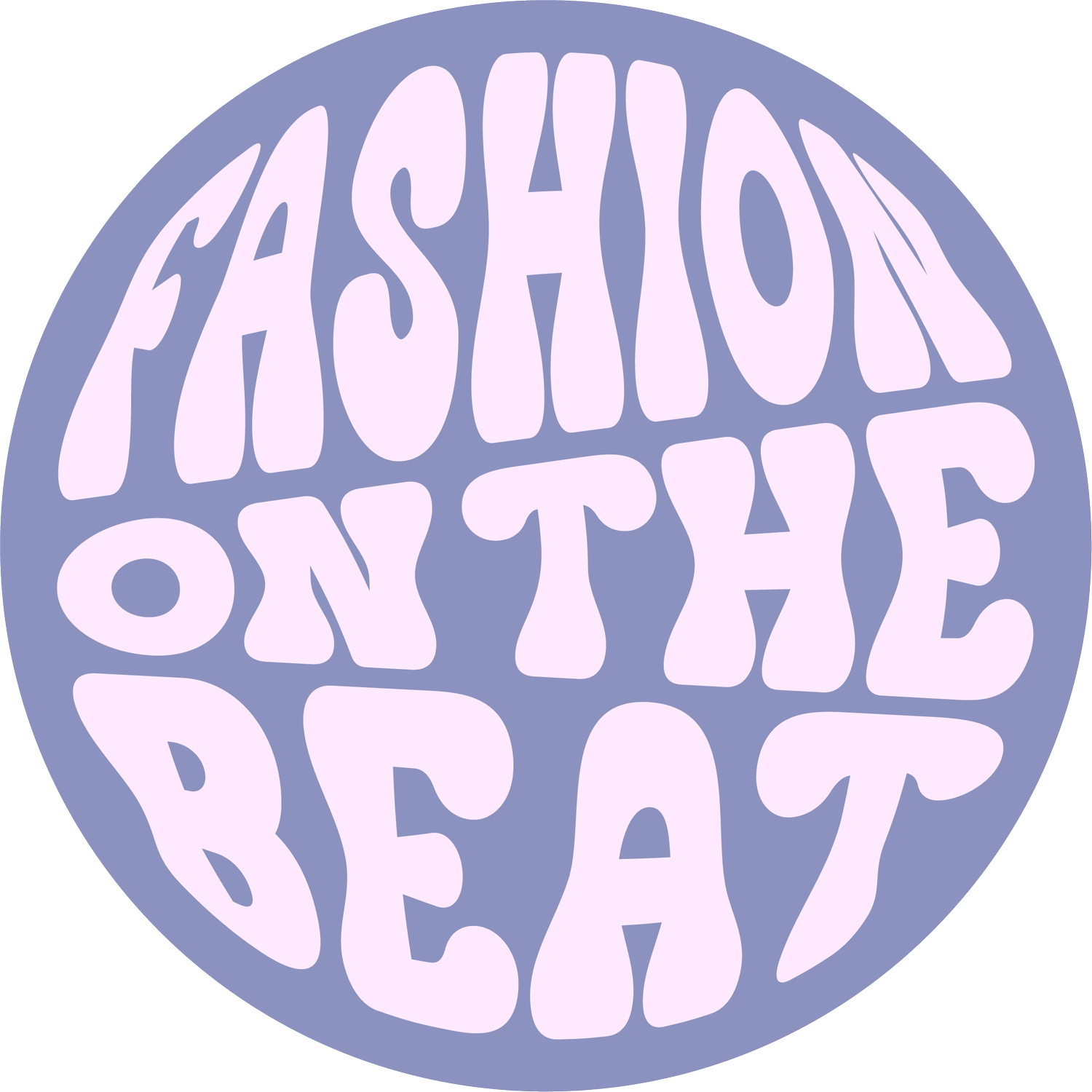How Plant-Based Fabrics Help the Body & Mind
Continuing on with our journey into plant-based fashion, we decided to delve deeper into just how fashion can help the mental body as a whole. If you have yet to read last week’s interview with Alyssa Couture, the quote from her that inspired this article is below. Fueling us with a need to better understand cosmetic fashion, but also wholesome, natural eco-fashion we began our own research.
“We need fashion for mental health because it is a modern way of thinking about fashion. One example, cosmetic fabrics will help people’s mental health. Cosmetic fabrics are fabrics infused with herbs and botanicals like zinc, seaweed powder, aloe vera, neem oil, and essential oils. These fabric treatments will support the emotional and mental bodies as they are alternative health treatments.”
Some of the first things learned were that plant-based items will forever be vegan friendly. However, even when a material is labeled as vegan, there can still be artificial fabrics and plastics in different fibers. Since the skin is the largest organ in our bodies, and thus one of the biggest surfaces for absorption, covering it in chemical filled fibers isn’t the best way to give ourselves the TLC we all deserve. The small amount of chemicals absorbed through the skin might not be enough to be considered harmful, but consistently wearing and absorbing chemicals could never be good.
Along with this, many textile companies who have leaned into the plant-based fabric space have worked to incorporate herbs and immunity-boosting supplements into their fabrics. This is largely known as Ayurvastra apparel. Sometimes called Ayurvedic apparel, this way of creating fabrics is a combination of both science and creativity.
The benefits of plant-based fashion
Hypoallergenic and breathable, plant-based fabrics allow for sensitive skin to exist without breakouts. While breakouts aren’t always the fabric’s fault, when sweat or bacteria becomes trapped on the skin, this can clog the pores and lead to breakouts. This will also be the case with synthetic dyes, which will contain large amounts of chemicals even if the clothes were dyed naturally. Also, since the fabric is created from plants, it’s far more biodegradable than synthetic alternatives. These might be seemingly small benefits of plant-based fabrics, but in the long run, they can be essential.
Plant-based textiles worth your investment
1. Linen
Coming from the flax plant, linen has been woven and spun since Ancient Egypt. Often used for lightweight, summer clothes linen is a breathable material that is very loved within the fashion industry.
2. Organic Cotton
Cotton, it really can’t come as a shock that it made it onto this list. When grown in a non-GMO manner this classic material is perfect for clothing of all weights.
3. Tencel
Sometimes referred to as ‘newcell’ or ‘lyocell,’ Tencel is a cellulose fiber that might sound like a chemical but is entirely plant based. Created wood pulp, this has been made into many different types of fabric knock-offs from rayon to denim.
4. Hemp
In recent years hemp has become increasingly popular-and sometimes hated for its many abilities. From being used to create CBD products to being mixed into cosmetics and now being transferred into fabric, hemp will feel somewhat similar to cotton and linen. Retaining its shape, even through washing, this light fabric is worth the hype.
5. Mushroom fibers
Originally breaking the internet by being used in Stella McCartney’s leather goods in early spring 2021, Mylo leather- created from mushroom fibers is hard not to love. Manipulated to mimic whatever animal leather you want, Mylo leather is smooth, supple and the future of fashion.




